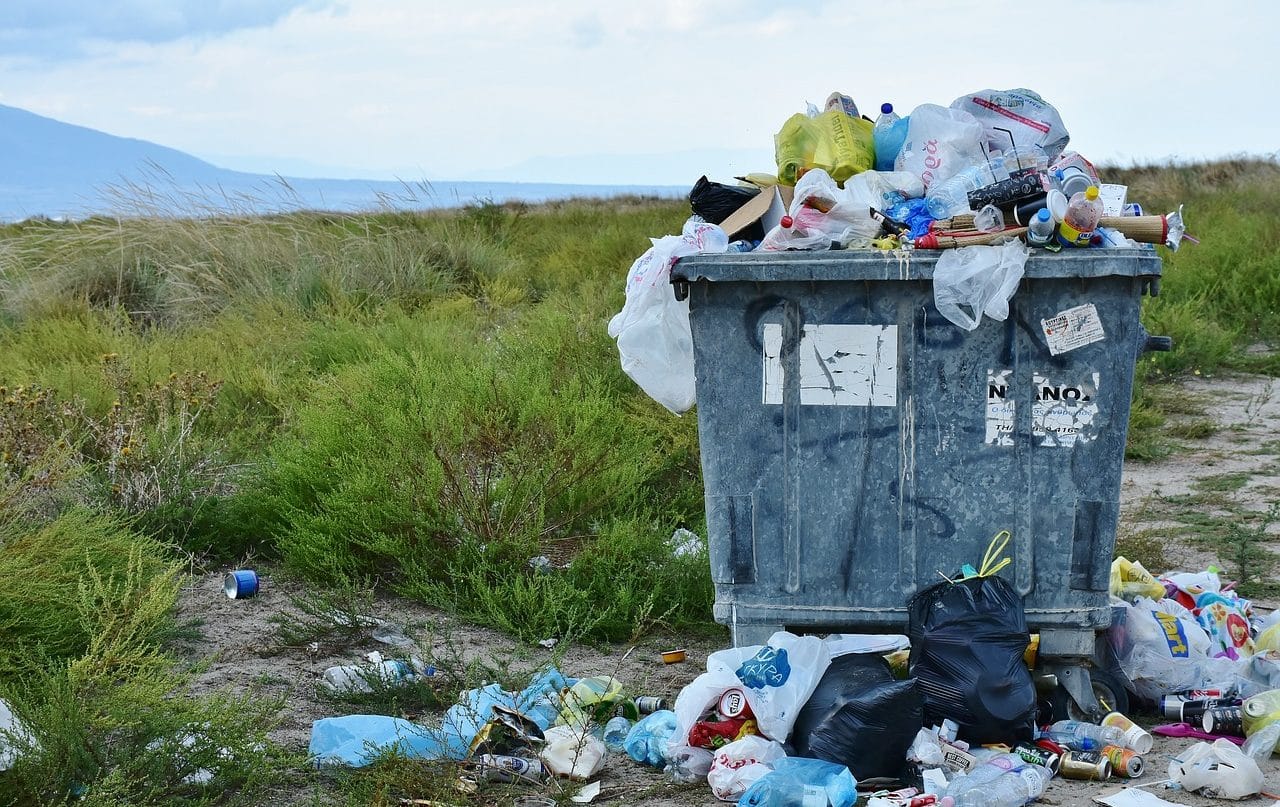
Environmental policy seeks to reduce soil pollution.
Environmental policy is the set of measures adopted by a government with the objective of preserving the environment and promoting sustainable development . These actions allow us to create the regulatory and action framework to achieve the objectives set in ecological matters.
It should be noted that, according to the dictionary of the Royal Spanish Academy ( RAE ), the idea of politics refers to the activity that is carried out to influence public issues or government administration. Environmental , meanwhile, refers to what is linked to the environment (the atmosphere or, in a broader sense, the factors that characterize a place or moment).
Environmental policy concept
Environmental policy is developed from the provisions of the rulers that aim to safeguard natural conditions , taking into account above all their impact on the well-being of the population. In this context, we seek to harmonize the care of the environment with social and economic needs.
It must be considered that, beyond the state sphere, reference can also be made to a company's environmental policy. Environmental responsibility is part of corporate social responsibility, something very important especially in the case of large companies.
In this way, a distinction can be made between a public environmental policy and a private environmental policy . Of course, both are framed in current environmental legislation .

Habitat conservation is one of the premises of environmental policy.
Climate change
One of the most important challenges facing environmental policy today is the fight against climate change . Although it is a controversial topic, there is a consensus about the impact of human beings on global warming, which causes numerous negative effects.
It is understood that the emissions of CO2 and other greenhouse gases made by man through industry and his habits and practices cause a greenhouse effect : the sun's rays that reach the Earth's surface bounce and cannot return to space. outdoors due to air pollution . This particularity causes an increase in temperature on Earth, which leaves species in danger of extinction, generates desertification and drought and favors extreme climatic phenomena.
To reduce the carbon footprint and mitigate this phenomenon, international environmental policy has generated instruments such as the Paris Agreement and the Kyoto Protocol . These agreements and commitments establish emissions regulations and aim to promote a change in the energy matrix.

Environmental policy must promote sustainable construction.
Environmental policy and energy
The energy transition is one of the main objectives of global environmental policy. In this sense, the aim is to reduce the use of fossil fuels and focus on renewable energies , such as wind energy and solar energy.
This energy transition does not only involve industrial activities. Also, through environmental education and awareness, the community is expected to turn to sustainable mobility and choose electric vehicles, for example, and to turn to energy-efficient appliances and appliances.
Sustainable use of resources
Environmental policy also aims to promote the sustainable use of resources for the conservation of biodiversity . The State establishes the necessary regulations so that the human impact is as limited as possible and does not compromise the future of future generations.
That is why protected areas are created, such as national parks and nature reserves , which serve to ensure that human actions do not deteriorate spaces that are essential for nature and for life in general. The protection of the oceans , of course, is not left out of this perspective.
Environmental policy also often combats deforestation and, simultaneously, promotes reforestation . Trees are key to air quality and even soil conservation.
In a similar way, an appropriate environmental policy incentivizes sustainable agriculture to reduce soil degradation. This must be developed without neglecting food security or sovereignty.
Waste management , with an emphasis on recycling , is another central aspect of environmental policy. Many actions are based on the so-called Three Rs Rule : reduce, reuse and recycle.
Problems of environmental policy
Environmental policy faces a large number of challenges and problems. As we already indicated, these measures and decisions are closely linked to the progress of the economy. Many times there is a conflict between the need for production and care for the environment, with which authorities must strike a balance.
Large companies, with their power of pressure, tend to prevent the most advanced regulations in environmental matters. On the other hand, there are social emergencies that also threaten these policies (for example, sustainable urban planning takes a backseat to the housing crisis and the spontaneous and disorganized emergence of precarious neighborhoods).
We must also mention the lack of awareness that society usually shows. Millions of people maintain habits that harm the planet, sometimes due to lack of knowledge, but often due to lack of will to change .
